Famous brands that changed their names due to public pressure (copy)
The reasons behind their new identities
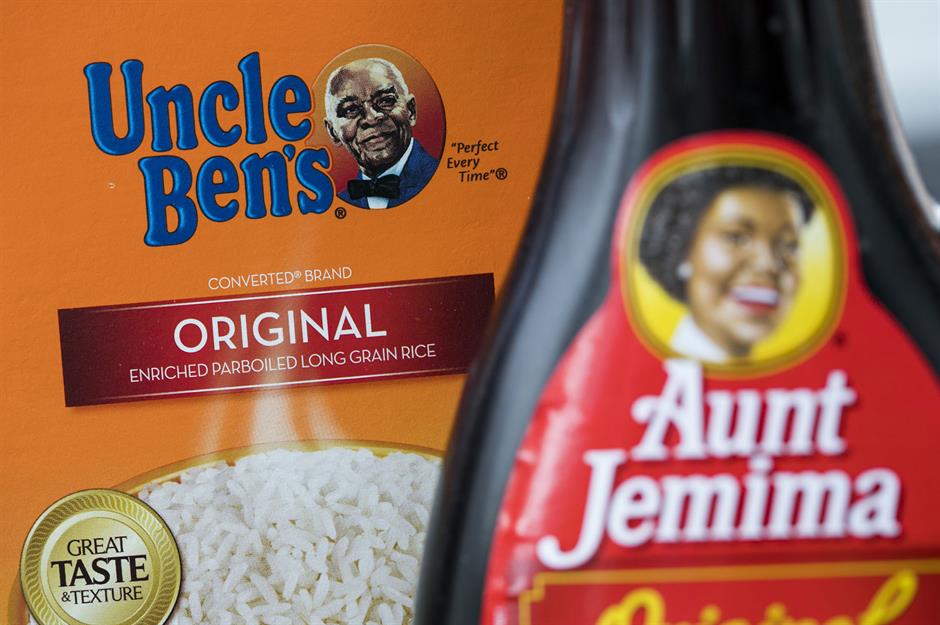
The past year has seen many brands shed their old name and assume a whole new identity. Amid the Black Lives Matter movement and the greater push for equality it has inspired, expunging a racist connotation has been the key driver, but not the only one. Click or scroll through 30 brands that adopted or pledged to take on a new moniker and why.
Uncle Ben’s
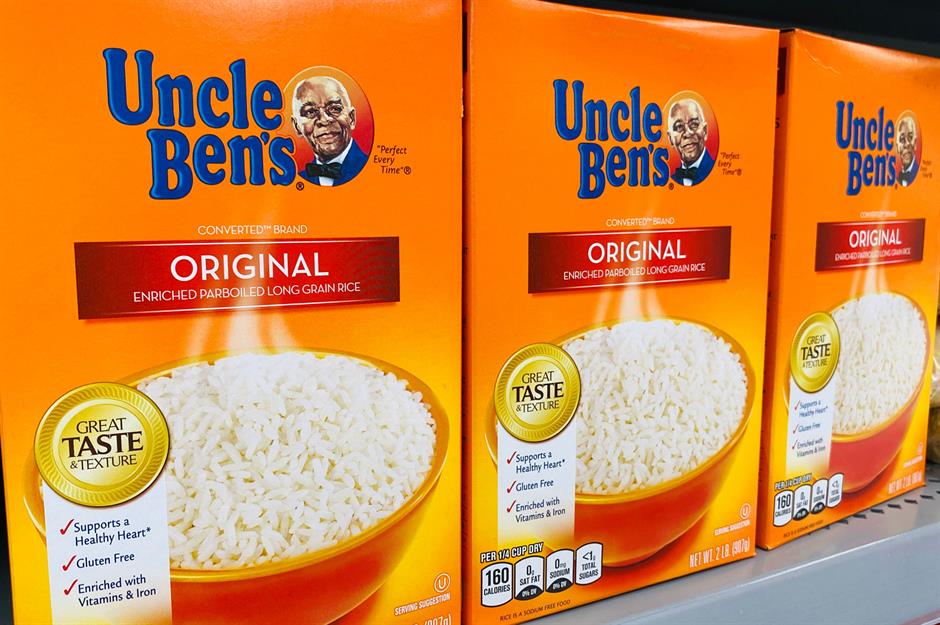
Mars Inc. bowed to public pressure in September and announced it would be changing the name of its iconic Uncle Ben's rice product range to Ben's Original and ditching the controversial packaging imagery. 'Uncle' is considered derogatory in this context as it was often used in the past in a disrespectful way by White people in the South to avoid calling a Black man Mr, while the image of the smiling elderly African-American man wearing what could be the collar and bow-tie of a servant evokes the myth of happy servitude.
Aunt Jemima
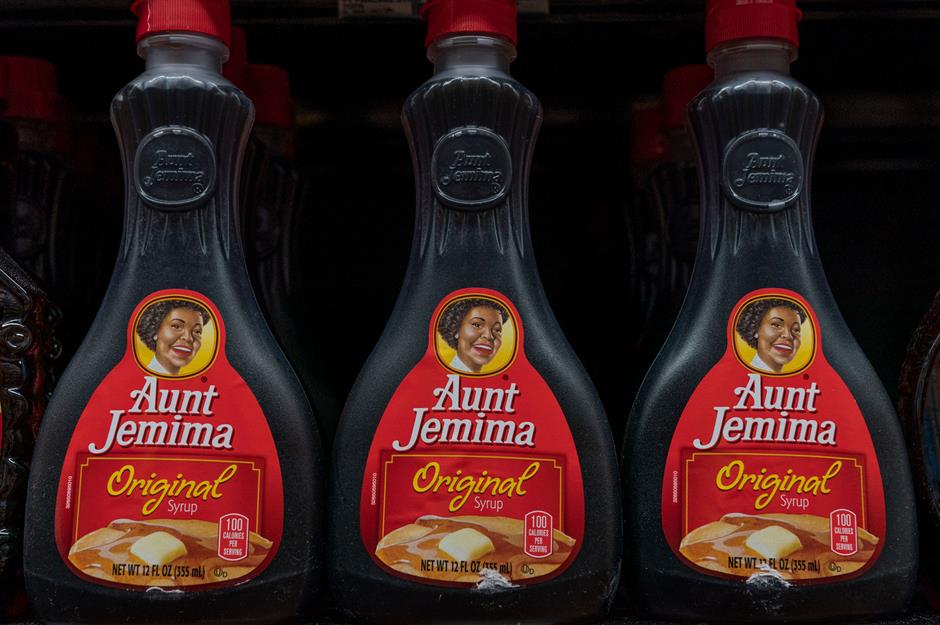
The Uncle Ben's name change came hot on the heels of the retirement of PepsiCo's Aunt Jemima. Like Uncle Ben's, both the name and product imagery could be considered racist – in this case the use of 'Aunt' in a disrespectful way and the product picture, which evokes the racist 'Mammy' stereotype. Not everyone agrees however, including the descendants of Aunt Jemima models Lillian Richard and Anna Short Harrington, who have objected to the rebrand. In February this year PepsiCo announced that the pancake mix and syrup products will be sold under the new name Pearl Milling Company from June 2021.
Sponsored Content
Mrs. Butterworth's
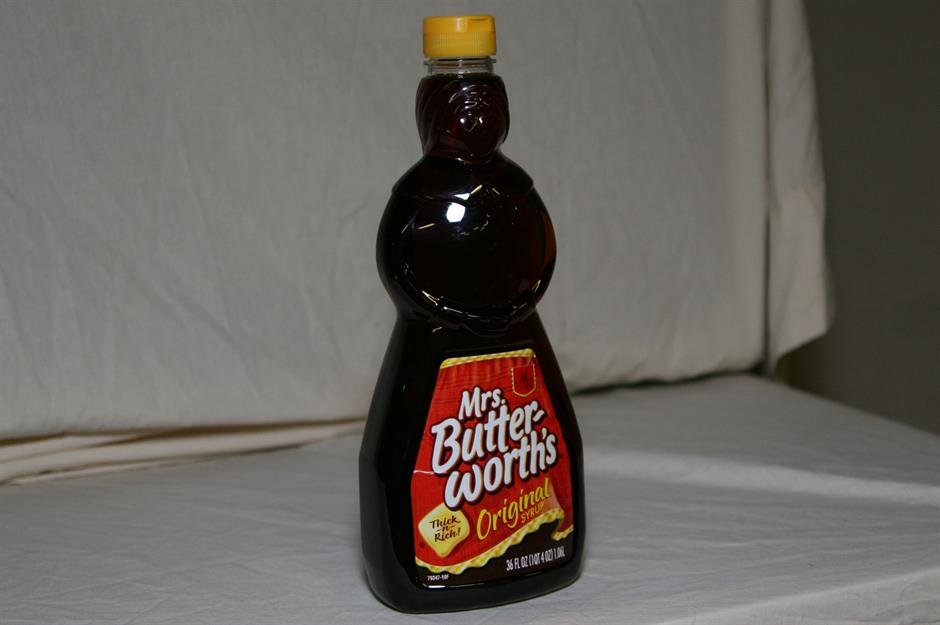
Coon cheese
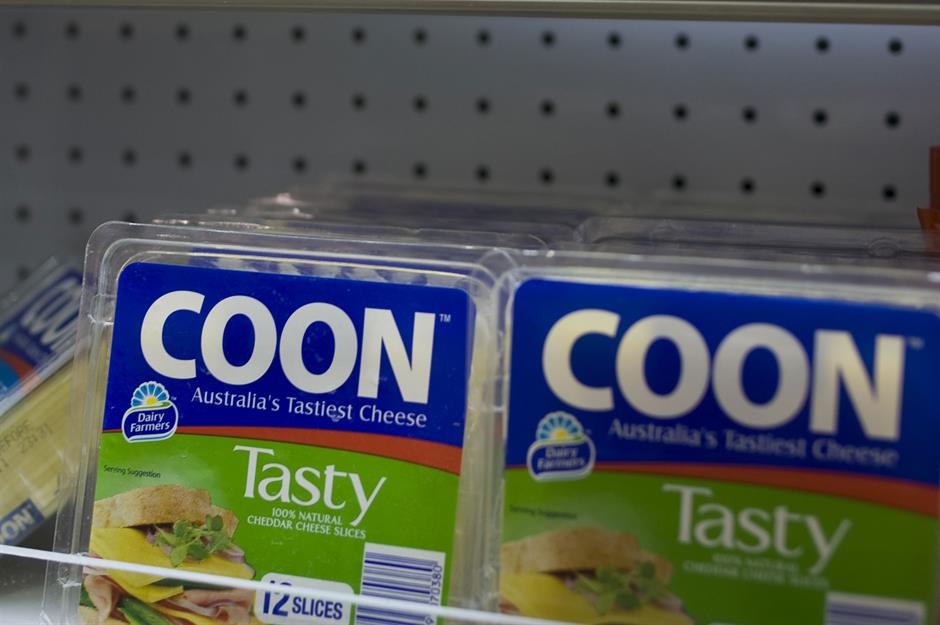
Cleveland Indians
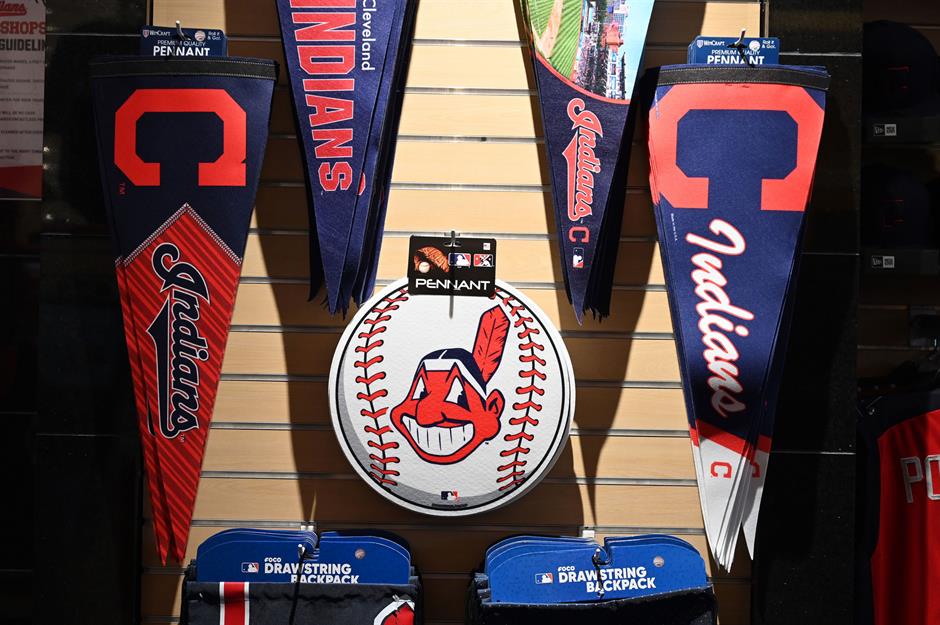
Sponsored Content
Washington Redskins
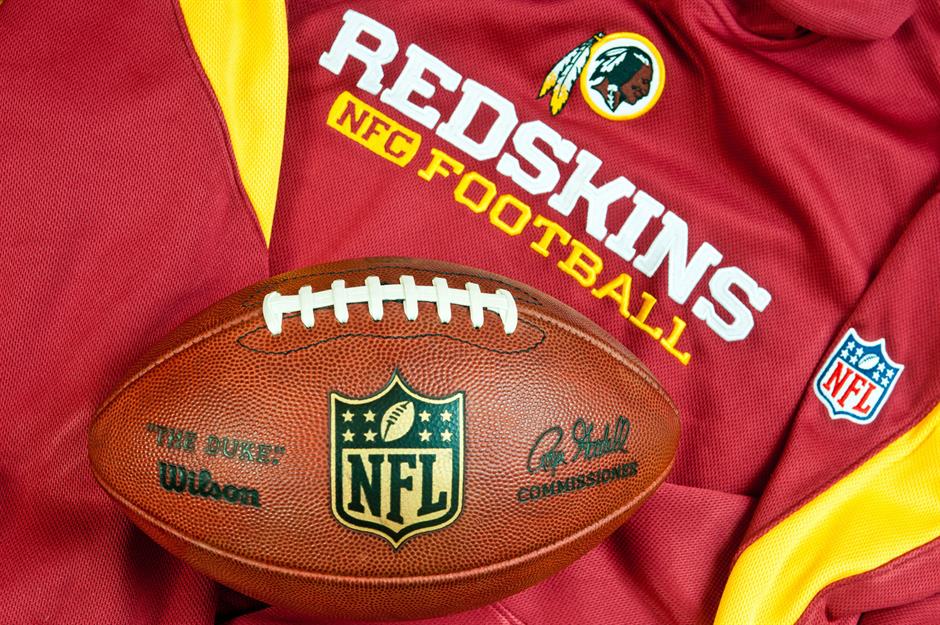
Red Skins
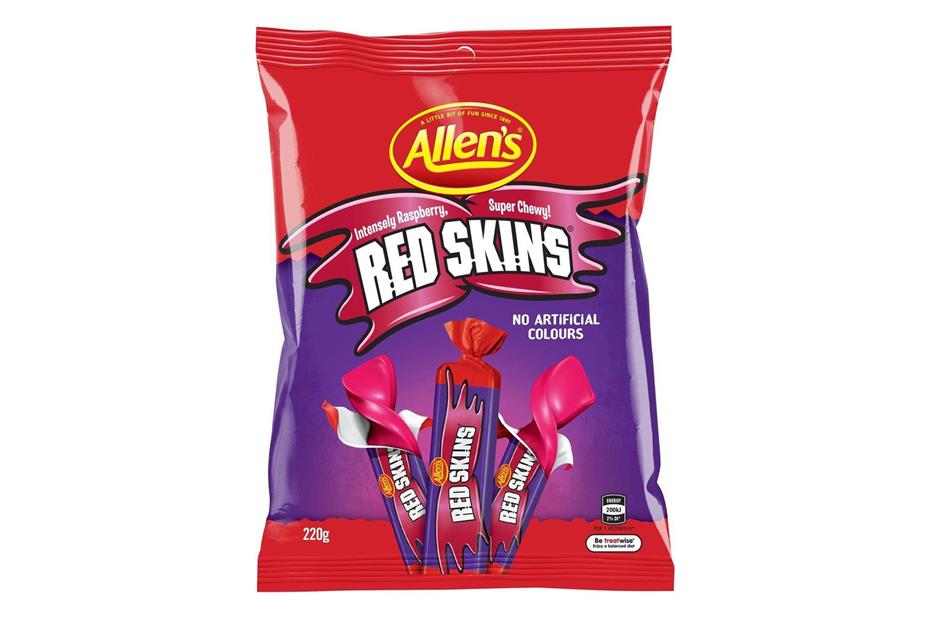
Chicos
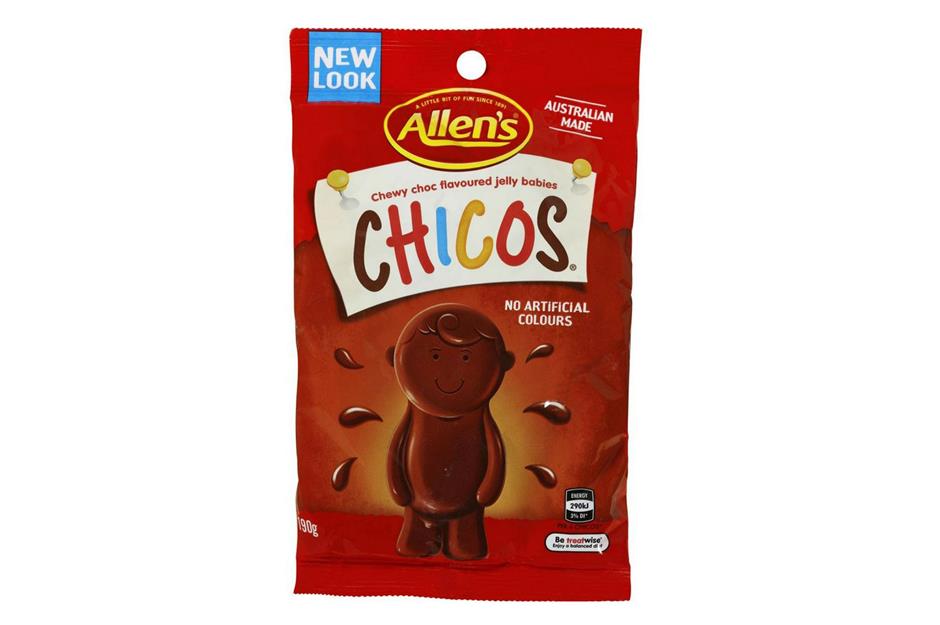
Sponsored Content
Beso de Negra
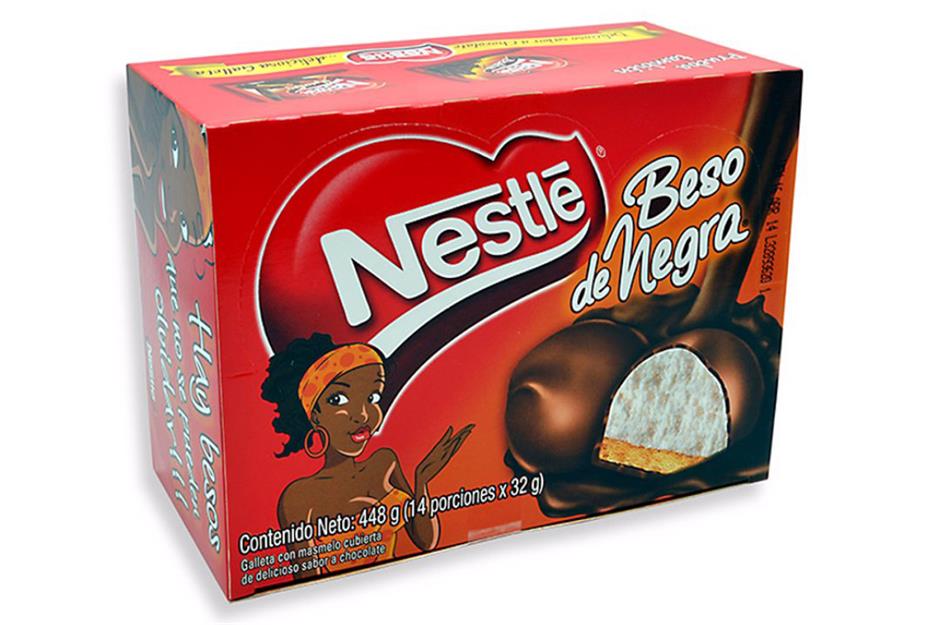
Zigeuner Sauce
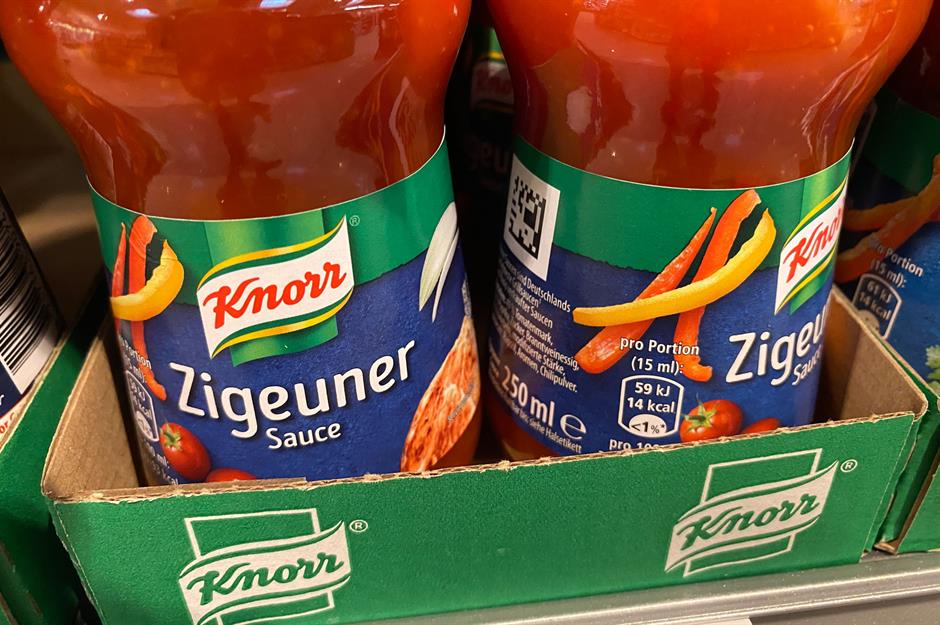
Sambo's
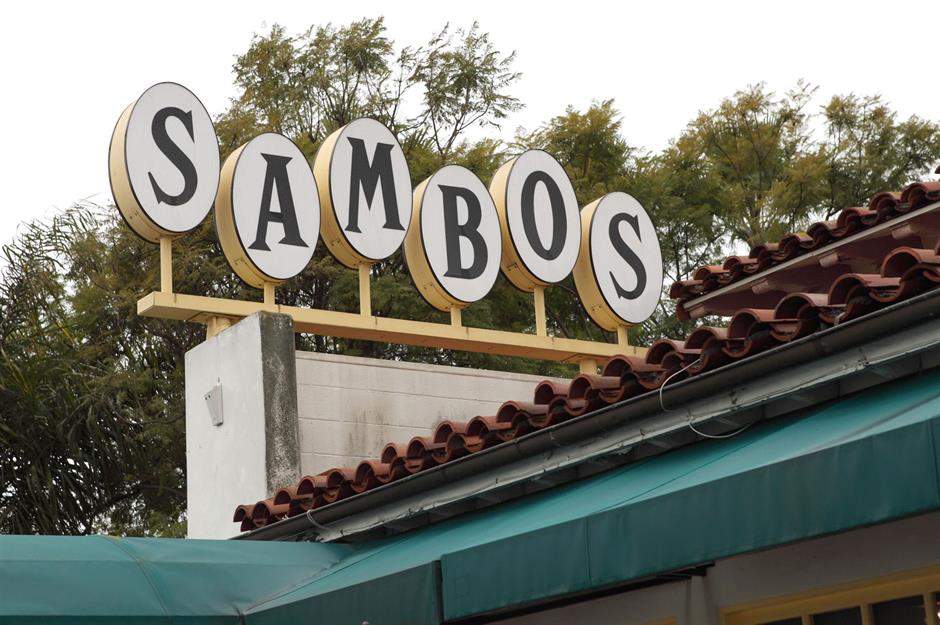
Unbelievably, this restaurant chain, which had a South Indian boy as a mascot along with a racist name, once had 1,100 locations across the US. The last remaining Sambo's in Santa Barbara, California changed its name earlier this year when members of the public, compelled to act by Black Lives Matter, petitioned the owner, who initially rebranded as 'Peace and Love', then called the place Chad's after himself.
Sponsored Content
Dixie Beer
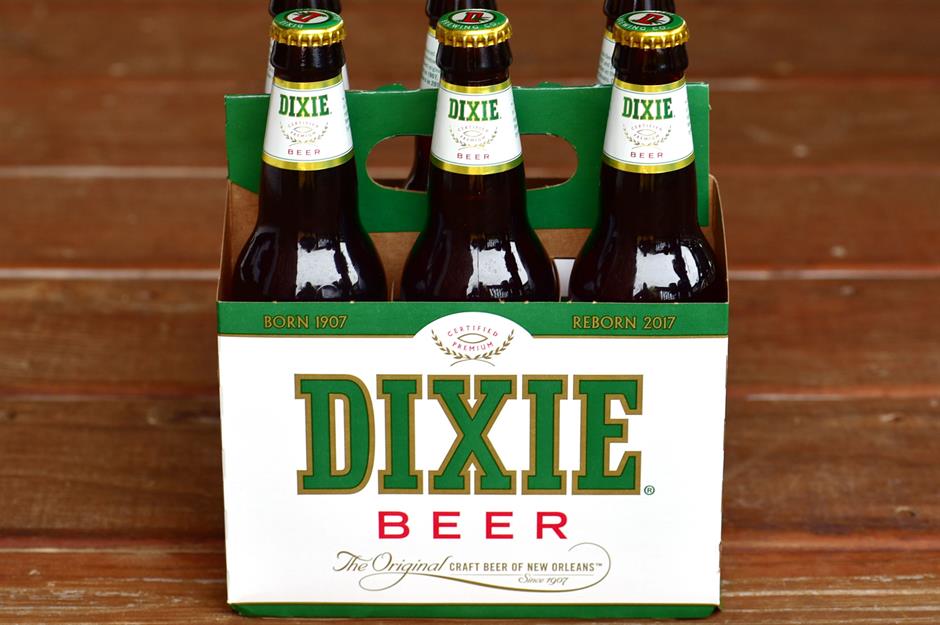
Used to refer to the South of the US, the word 'Dixie' is laden with connotations of slavery and racism, which has prompted an increasing number of brands that bear the name to drop it completely. Cue the beverage formally known as Dixie Beer. Mindful of the name's negative associations, the Big Easy's oldest brewery has rebranded as the Faubourg Brewing Company in tribute to the “diverse neighbourhoods of New Orleans”.
Dixie Chicks
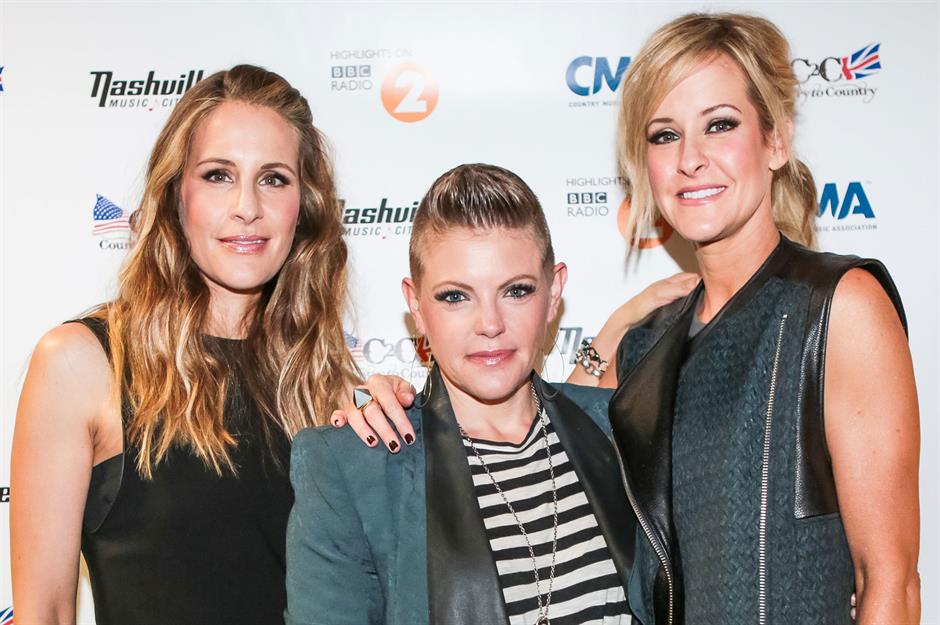
Lady Antebellum
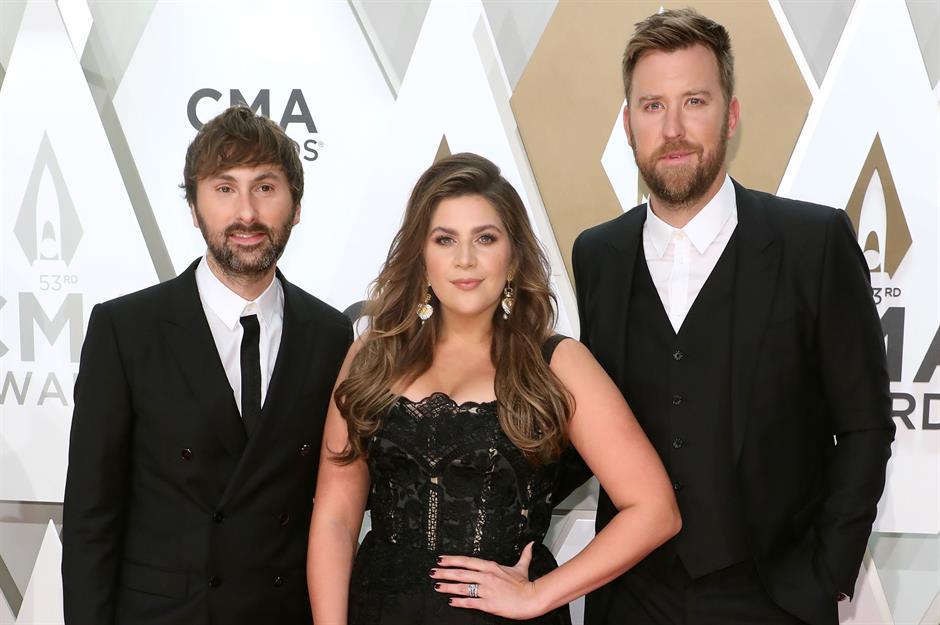
Sponsored Content
Slaves

In June 2020, US band Slaves followed Dixie Chicks and Lady Antebellum to announce a name change, which its five members said had come about through their support of the Black Lives Matter movement and the realisation the word has racist connotations and is associated “with so much pain and hurt”. However, a UK band which also uses the name Slaves has refused to change its name, despite criticism that the term being used by a band of White men could be deemed racist. Guitarist Laurie Vincent explained: "If you pick up an Oxford dictionary and look up the word 'slaves', there is no mention of any racial context. A slave is a person who is owned by another person and forced to work for free."
Eskimo Pie
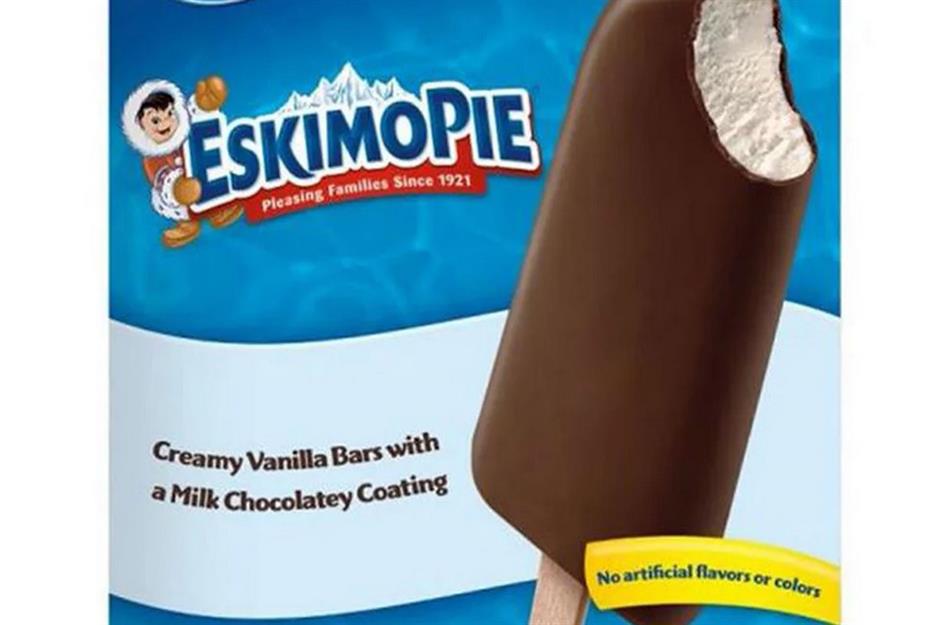
Edmonton Eskimos
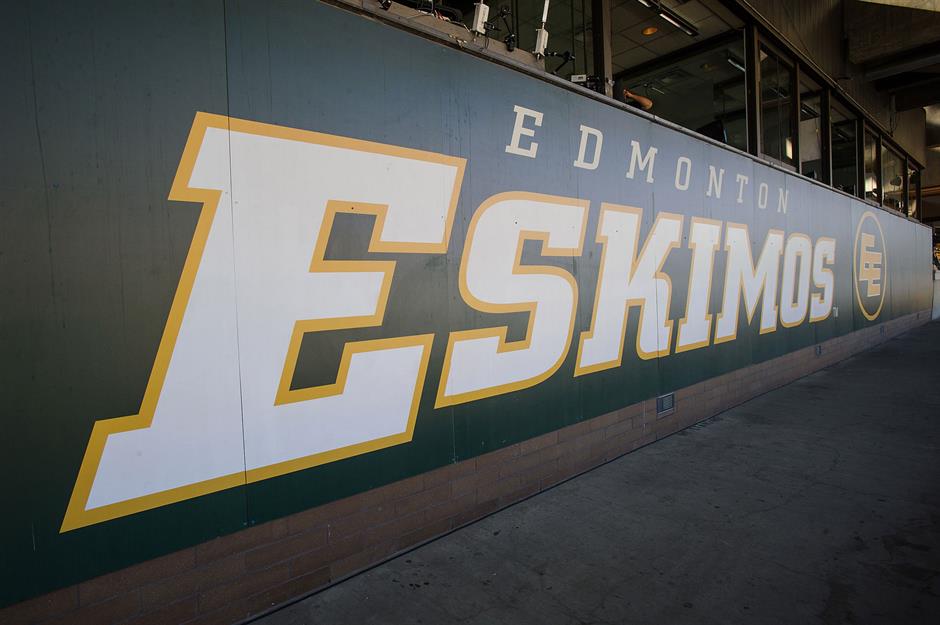
Sponsored Content
Plantation Rum
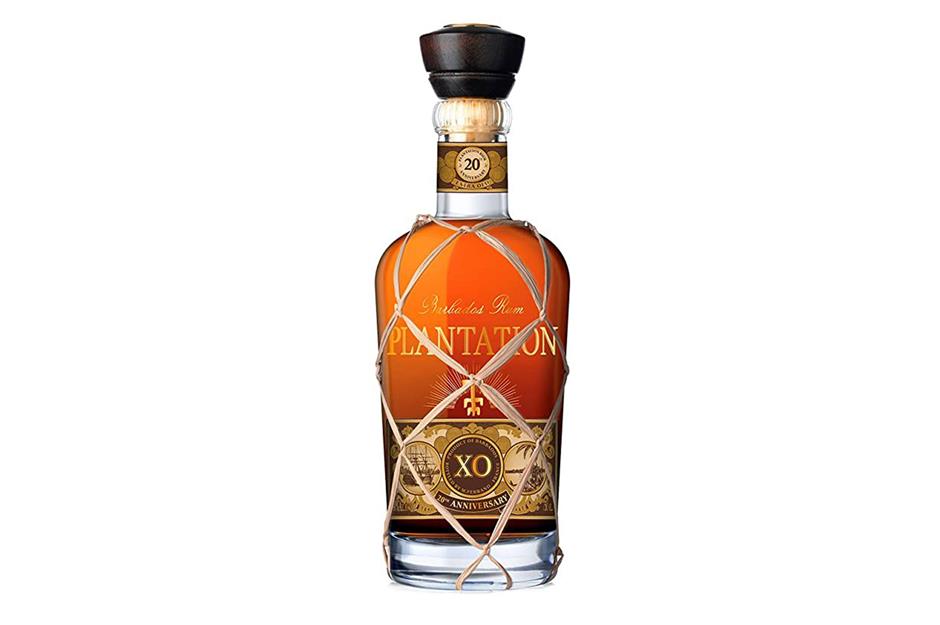
Darlie
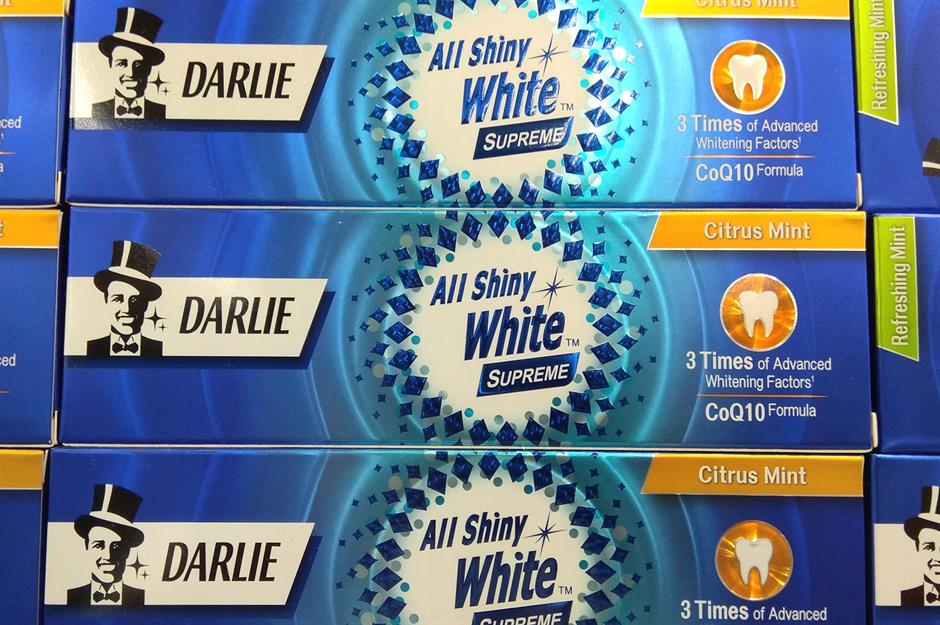
Spurred on by Black Lives matter, the "Great Racist Purge", as one commentator has called it, reached far and wide in 2020. And so Colgate told the world in June that it was reviewing the name of its product Darlie, which is sold in Asia. Originally called Darkie, the name means "Black person toothpaste" in Chinese and together with the package imagery of a man in a top hat that is reminiscent of a minstrel performer in blackface, has been thought of as racist for decades.
Fair & Lovely
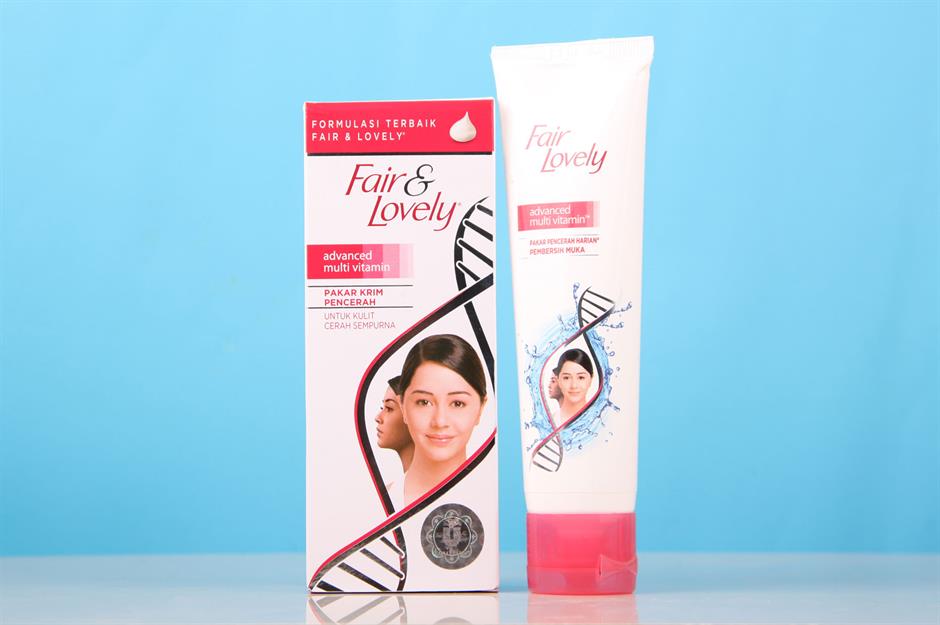
Sponsored Content
Clean & Clear Fairness
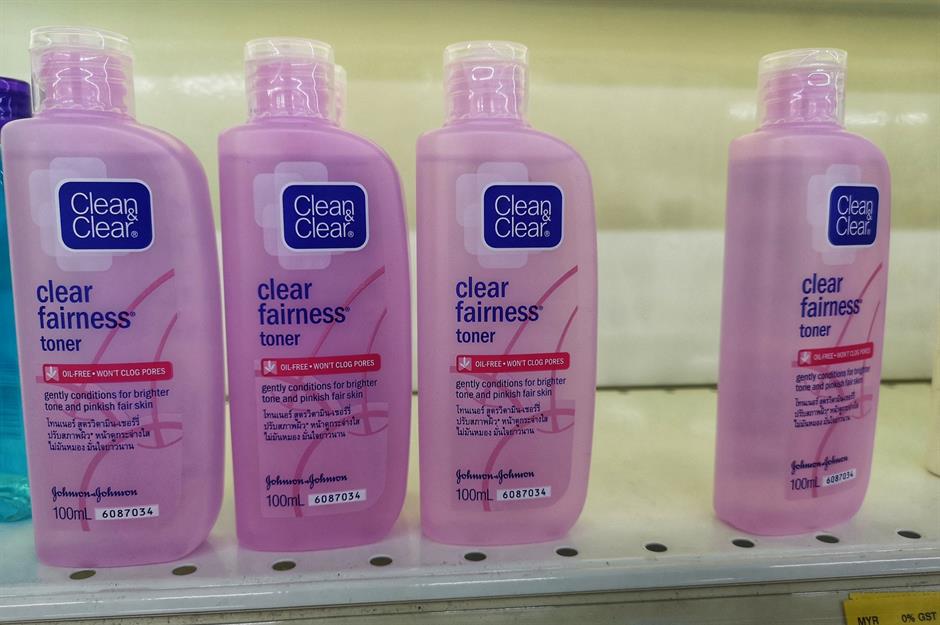
White Perfect
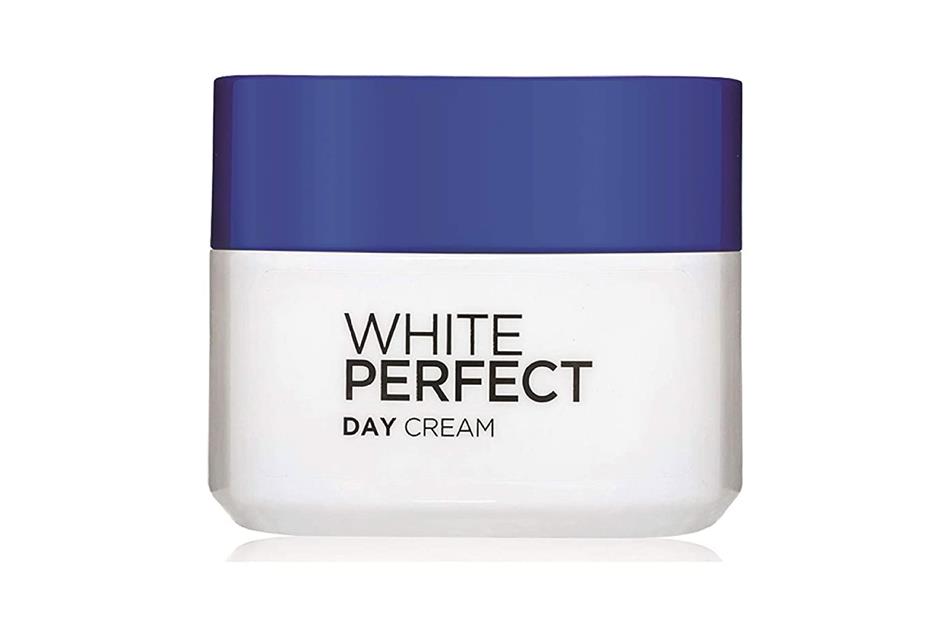
Indiginous Gin
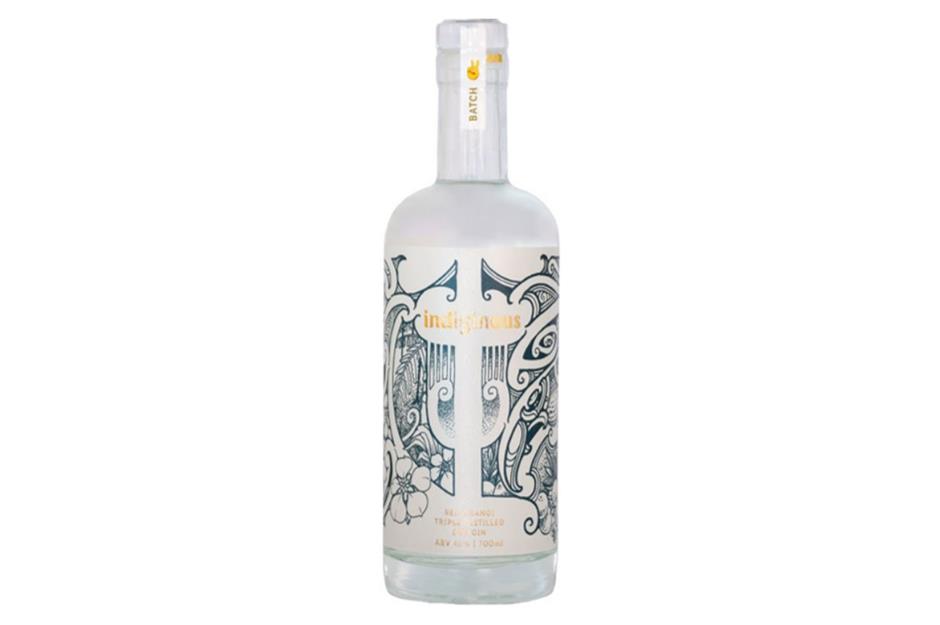
New Zealand's Indiginous Gin was blasted in early 2020 for shameless cultural appropriation over its gin's label, which features a design based on a traditional Māori tattoo. The uproar led to company ditching the label and has inspired it to change its name that plays on the world 'indigenous'.
Sponsored Content
Trader Ming's
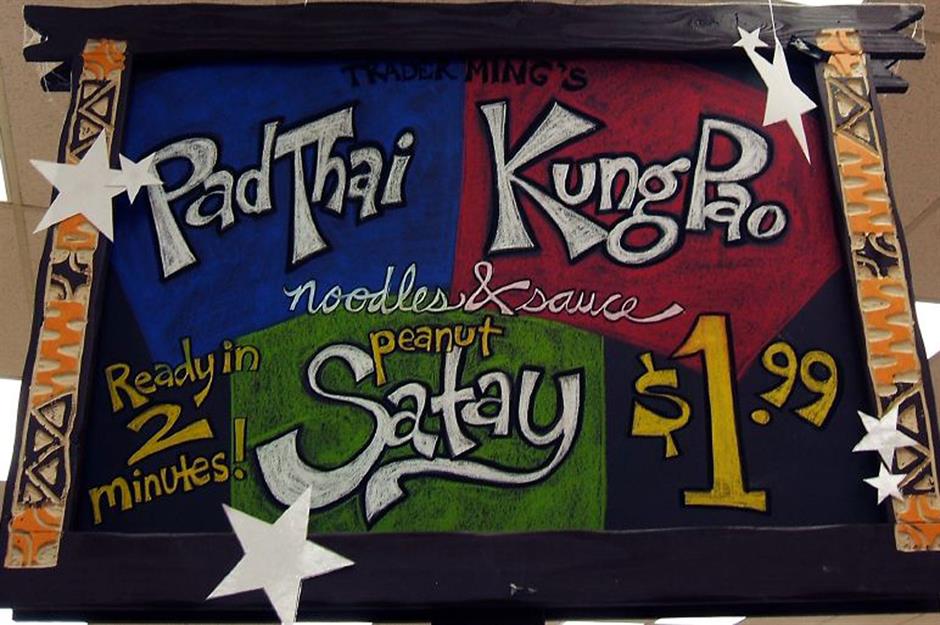
Spic and Span
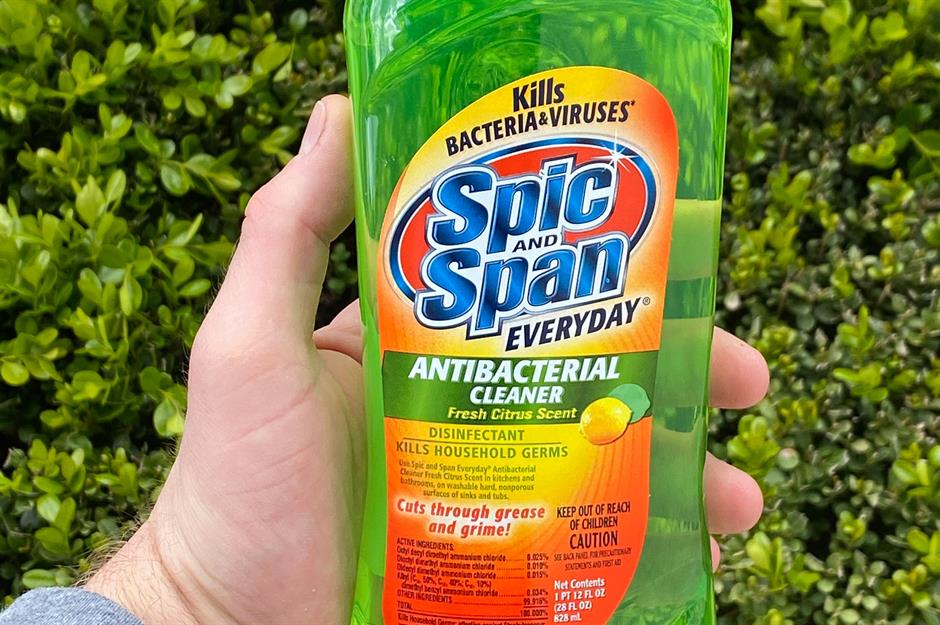
Thug Kitchen
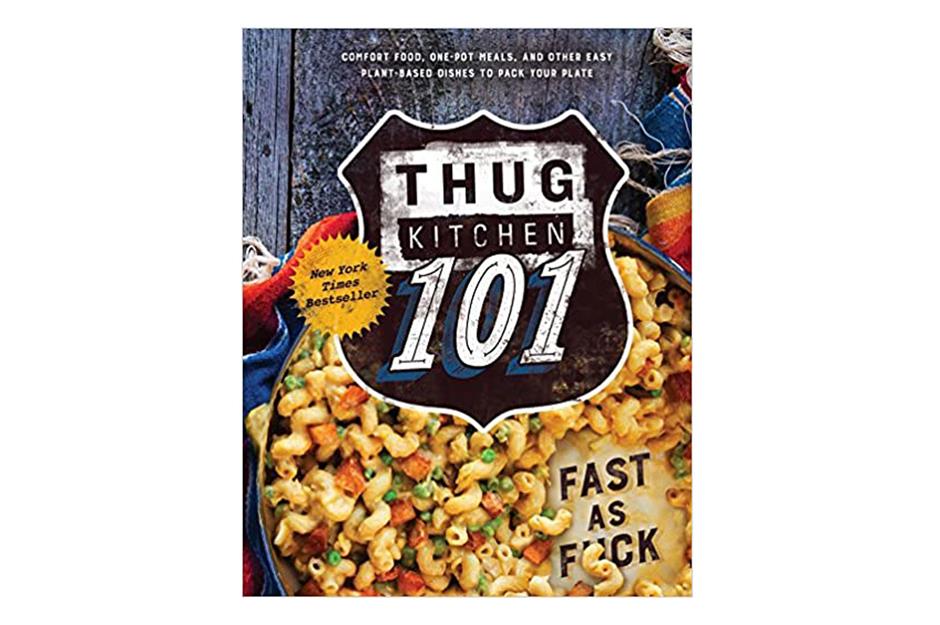
Vegan cookbook brand Thug Kitchen was accused of "digital blackface" and exploiting Black culture due to the use of the word 'thug' in its name, before it eventually resolved to rebrand to Bad Manners in the summer of 2020. The LA-based company defended its use of the term, explaining that it wasn't so loaded when the brand was born in 2012.
Sponsored Content
Comments
Be the first to comment
Do you want to comment on this article? You need to be signed in for this feature